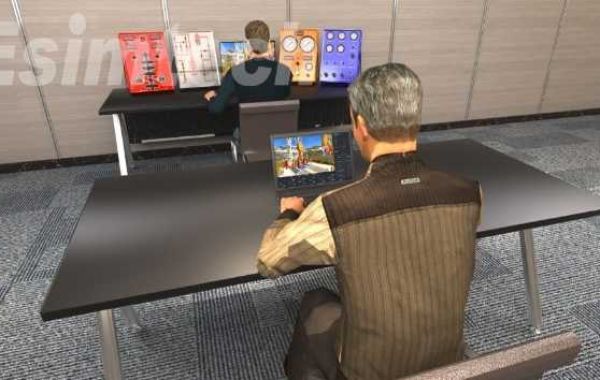To optimize these operations, advanced simulation tools have become indispensable. Recent advancements in artificial intelligence (AI) and virtual reality (VR) are revolutionizing well workover simulators, offering unprecedented levels of accuracy, efficiency, and safety.
The Role of AI in Well Workover Simulation
AI algorithms can process vast amounts of data to identify patterns and trends that would be difficult for humans to discern. In well workover simulators, AI can:
Optimize workover operations: By analyzing historical data and real-time conditions, AI can recommend the most efficient workover strategies, minimizing downtime and costs.
Predict equipment failures: AI-powered predictive maintenance can identify potential equipment failures before they occur, preventing costly disruptions.
Improve decision-making: AI can provide valuable insights into potential risks and uncertainties, helping operators make informed decisions.
The Impact of VR in Well Workover Training
VR technology offers a highly immersive and interactive learning experience. In well workover training, VR can:
Provide realistic simulations: VR can recreate complex well workover scenarios, allowing trainees to practice their skills in a safe and controlled environment.
Enhance spatial awareness: VR can help trainees develop a better understanding of the physical layout of wells and equipment.
Improve retention: VR-based training has been shown to improve knowledge retention and skill transfer.
Combining AI and VR for Enhanced Simulation
By combining AI and VR, well workover simulators can achieve even greater benefits. For example:
AI-driven VR scenarios: AI can generate realistic VR scenarios based on historical data and real-time conditions.
VR-based data collection: VR can be used to collect data on trainee performance, which can be analyzed by AI to identify areas for improvement.
The Future of Well Workover Simulators
As AI and VR technologies continue to evolve, we can expect to see even more advanced well workover simulators. These tools will play a crucial role in improving the efficiency, safety, and sustainability of the oil and gas industry.
By leveraging the power of AI and VR, well workover simulators can help operators make better decisions, reduce costs, and minimize environmental impact. As the industry faces increasing challenges, these advanced simulation tools will be essential for ensuring the long-term viability of oil and gas operations.








